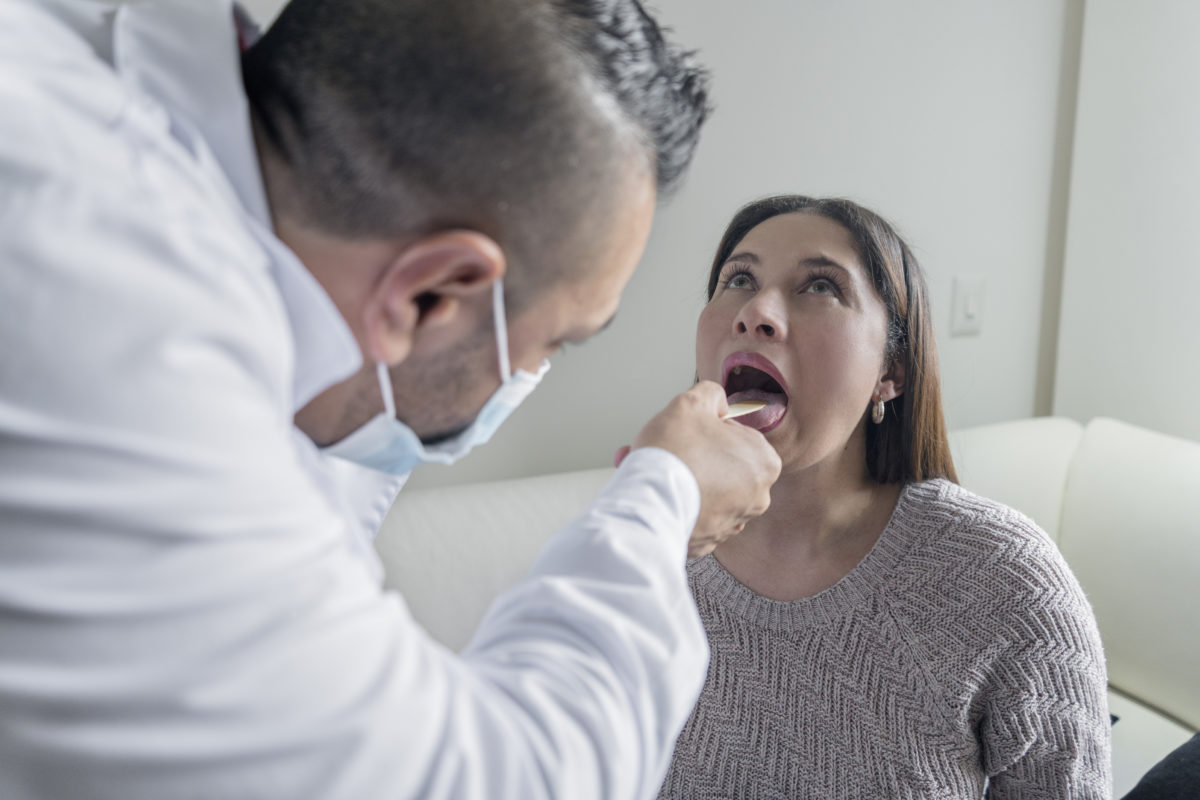
The condition referred to as “Paraquat tongue” is a lesser-known side-effect that can occur as a result of exposure to the chemical Paraquat dichloride, often used as a weedkiller. Research over time has revealed that Paraquat can cause significant and highly negative side effects to the human body.
The most common symptoms of Paraquat exposure are illnesses and birth defects. These symptoms are often linked to inhalation-based Paraquat exposure and develop as a result of long-term and potentially accidental exposure. In many instances the symptoms experienced from this exposure are not discovered for many years, usually not until after permanent damage has occurred.
These symptoms frequently develop within populations of agricultural workers as well as residents of rural areas who are not aware of the dangerous, long-term consequences of repeated inhalation and exposure to Paraquat.
To speak with an experienced personal injury attorney to discuss options on how you can be fully compensated for all cost and damages linked to your Paraquat exposure, connect with Langdon & Emison Attorneys At Law at (866) 931-2115. Read on to learn more.
A Little-Known Symptom

One of the first signs or symptoms that Paraquat has been ingested orally is the symptom known simply as Paraquat tongue. If Paraquat tongue is identified, a person is in need of immediate emergency medical attention to increase their chances of survival.
Paraquat tongue is a condition that occurs when the chemical has come into contact with a person’s tongue. This leads to the following symptoms:
- Swelling and redness
- Sores, lesions, and open wounds on the the tongue
- Necrosis, or tissue death
- Severe pain and burning sensations
- Excessive production of mucous from open wounds
- Difficulty swallowing
- Excessive production of saliva
While one of the lesser-known symptoms of Paraquat exposure, watching out for the signs of Paraquat tongue is essential to reduce the potentially fatal side effects.
The National Institute of Health found that some 85% of patients who were treated for Paraquat poisoning exhibited signs of lesions and rotting tissue in the oral cavity or areas of the mouth.
It’s even possible for Paraquat tongue to be transmitted by kissing a person who has orally ingested the chemical. Even limited exposure through a kiss can lead to severe damage due to the toxicity of the chemical, especially in the area of the mouth like the tongue, which is especially vulnerable to the effects of the chemical.
Signs of Paraquat Tongue
If you suspect someone may have swallowed Paraquat, immediately call 911.
Do not use the following list to diagnose yourself or someone else. Always consult a physician if you’re worried you or a loved one may have complications from exposure to Paraquat. For your general knowledge, the following are some signs of Paraquat tongue:
- Abdominal pain
- Blood in stool
- Burning sensation on the tongue
- Diarrhea
- Dehydration and low blood pressure
- Difficulty swallowing
- Excessive mucus production from open wounds on the tongue
- Excessive saliva production
- Lesions, sores, and/or open wounds on the tongue
- Necrosis (tissue death)
- Swelling in the mouth and throat
Should you or a loved one have encountered Paraquat and have questions about exposure, connect with Langdon & Emison to learn more.
How does Paraquat tongue happen?
Paraquat tongue is the result of a deliberate or accidental oral ingestion of a product that contains Paraquat. The chemical is included in a number of different products and brand names that are produced by hundreds of different agrochemical manufacturing companies.
Paraquat is banned in the European Union and other nations. In fact, Paraquat is banned from use in China, where much of the chemical is manufactured to be sold for agricultural use in the United States.
In order to be sold in the United States, it is required that any product containing Paraquat contain:
- Blue dye
- An agent that induces vomiting
- A noxious odorant to prevent accidental swallowing
Despite these warnings and precautions, Paraquat poisoning is still responsible for substantial poisoning and deaths each year.
Oral Ingestion, Not Inhalation
While Paraquat poisoning generally happens through inhalation, the prevalence of the chemical in farming can lead to unintentional swallowing. However, much of the related research has revealed that cases of Paraquat ingestion are often deliberate, and as we’ll explore below, often involved with attempts at suicide.
Deliberate or Unintentional
In some circumstances, the oral ingestion of chemicals can be used to commit suicide through poisoning. The fact that such chemicals when ingested cause death, and that this is a widely known fact, highlights the true dangers associated with chemicals such as Paraquat dichloride. The National Center for Biotechnology Information noted that Paraquat self-poisoning is a common means of suicide, accounting for nearly 20% of all global deaths by suicide.
The banning of Paraquat could lead to a decrease in the rate of suicide, according to research. For example, when the South Korean government banned Paraquat, the nation experienced a 46% decrease in the rate of death by herbicide ingestion. Additionaly, there was an overall 10% decrease in death by suicide.
Think you or a loved one may be suffering from Paraquat tongue? Call our firm immediately.
If you or a loved one has experienced poisoning due to exposure from Paraquat, you could be entitled to compensation to cover the costs and damages associated with the injuries. Damages could include any medical bills and expenses related to your symptoms, as well as any lost earnings.
Collecting what you deserve can be difficult, and often requires that you file a claim with the insurance company. Working with an attorney will ensure that you collect the full amount you deserve, and give you the support of an experienced attorney along the way.
To learn more, schedule a consultation with Langdon & Emison today.


